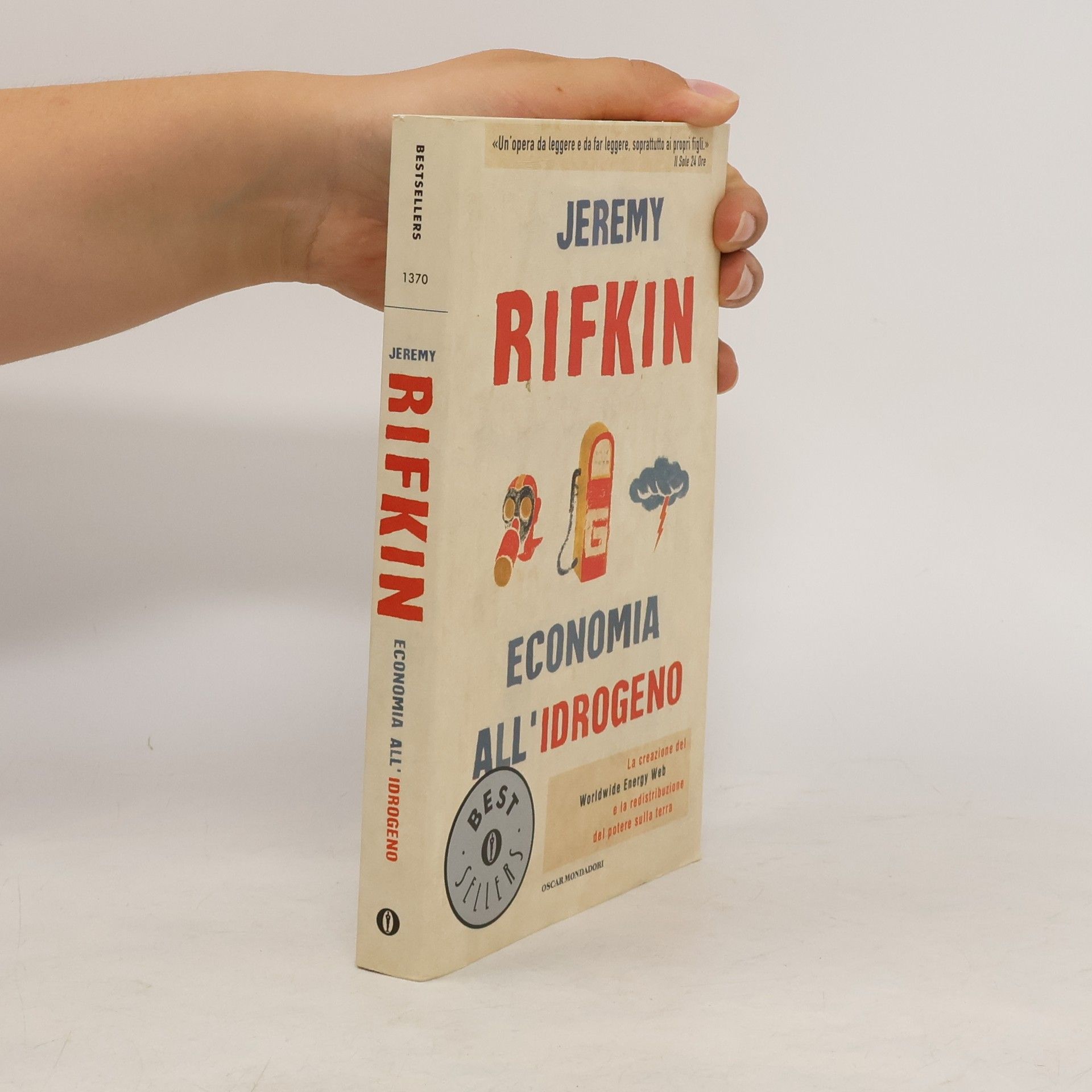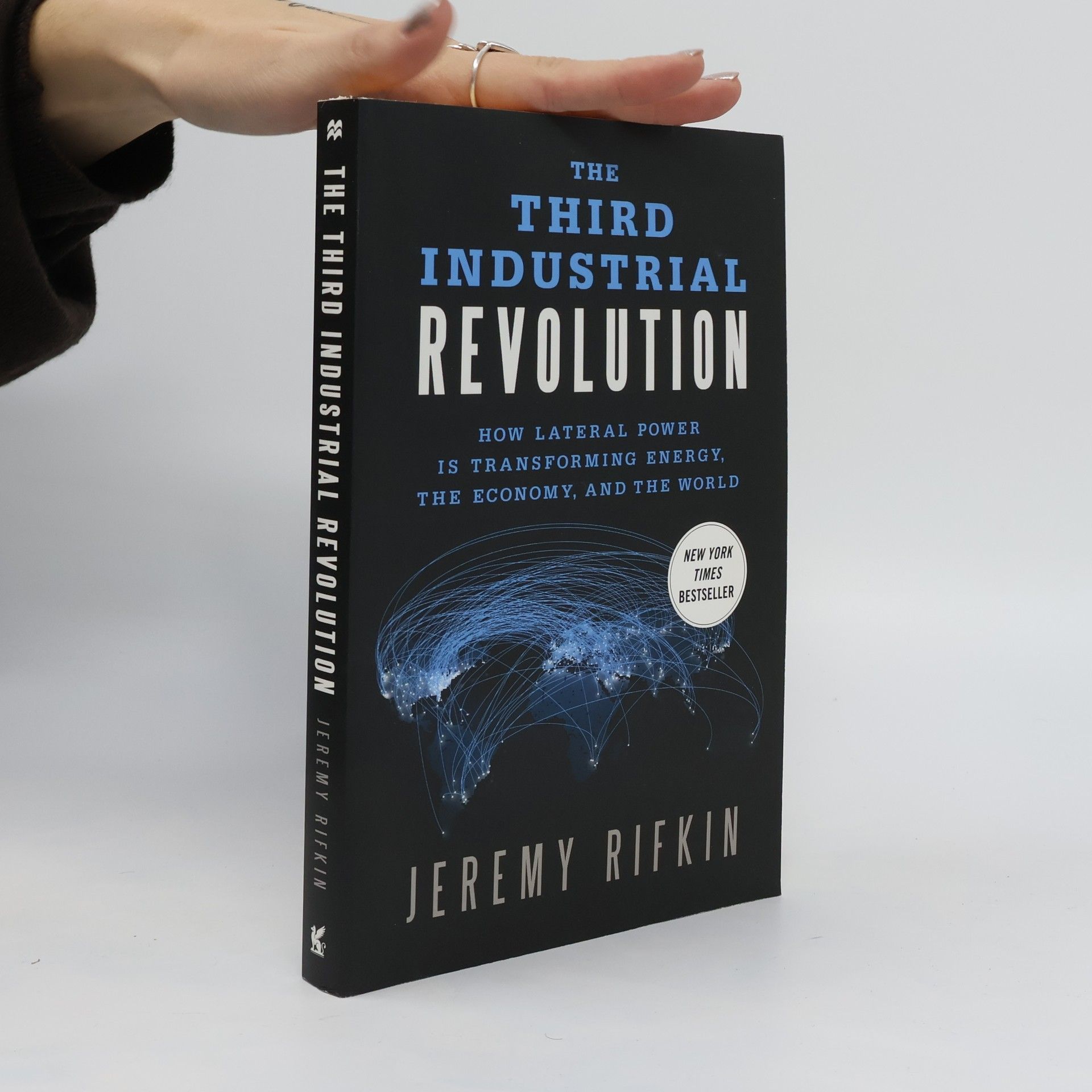La civiltà dell'empatia. La corsa verso la coscienza globale nel mondo in crisi
- 634pagine
- 23 ore di lettura
Per secoli, filosofi, scienziati e altri hanno sostenuto che l'essere umano sia intrinsecamente aggressivo e utilitarista, concentrato sul soddisfacimento egoistico dei propri bisogni e sul guadagno materiale. La storia è vista come una lotta tra individui isolati, uniti solo da interessi pratici. Tuttavia, recenti scoperte in biologia e neuroscienze hanno messo in discussione questa visione, rivelando che fin dalla tenera età, uomini e donne mostrano una naturale capacità di relazionarsi empaticamente con gli altri, percependo i sentimenti altrui, in particolare la sofferenza, come se fossero i propri. Jeremy Rifkin propone una rilettura radicale della storia umana, suggerendo che, mentre nel mondo agricolo la coscienza era guidata dalla fede e nell'era industriale dalla ragione, ora, con la globalizzazione e la transizione all'era dell'informazione, si basa sull'empatia. Tuttavia, questo progresso ha un costo: società sempre più complesse richiedono maggiori quantità di energia e risorse naturali, imponendo un pesante tributo all'ambiente e portando a un significativo aumento dell'entropia.










